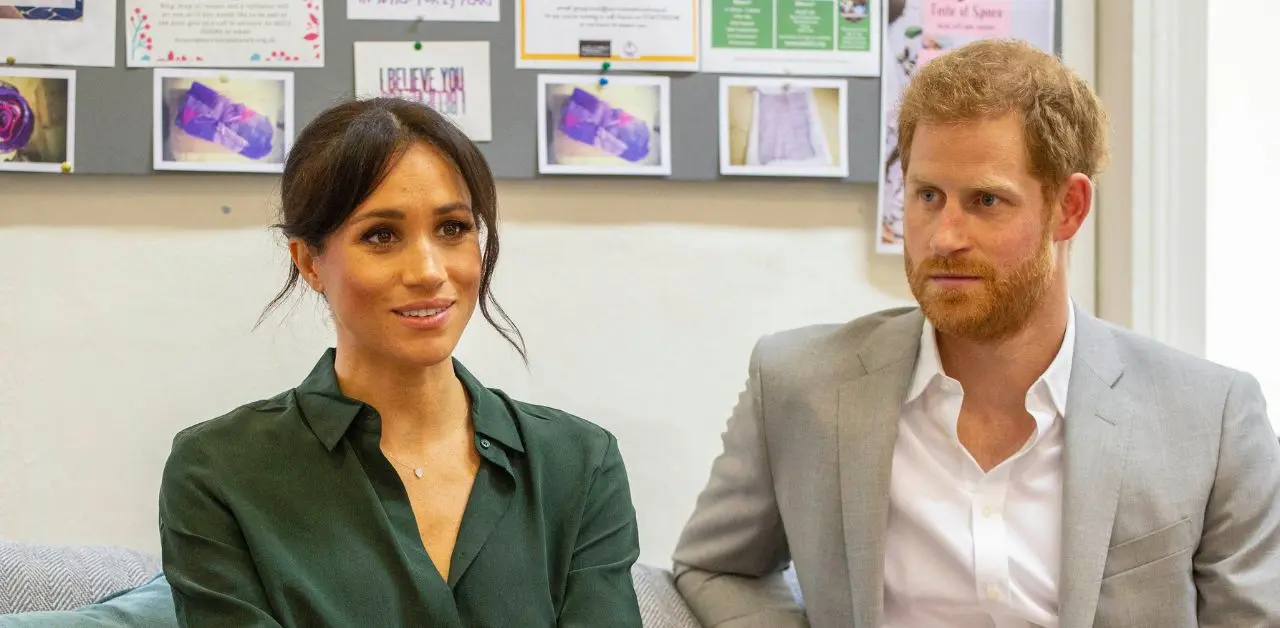Recently, a claim surfaced involving a man named Simon Dorante-Day, who has long asserted that he is the illegitimate son of King Charles III and Queen Camilla. Dorante-Day, born in 1966 in Portsmouth and adopted as a baby, has provided various details supporting his claim. His adoptive grandparents were reportedly employees of Queen Elizabeth II and Prince Philip, and he stated that his grandmother explicitly told him about his royal lineage. He also pointed out that Camilla was absent from public life for an extended period in the months before his birth, which he links to his alleged royal parentage.

Further complicating the situation, Dorante-Day has involved Prince Harry in his quest for the truth, expressing hope that Harry might support his pursuit of DNA testing, despite potential resistance from the royal family. This request came as King Charles dealt with health issues, potentially adding emotional weight to Dorante-Day’s appeal. If proven true, these claims could significantly impact the royal succession and public perception of the monarchy
Simon Dorante-Day’s claim to be the son of King Charles III and Queen Camilla has intrigued many with its compelling details and potential implications. His belief stems from a series of assertions and evidence, including his birth circumstances and his adoptive family’s connections to the royal household. Dorante-Day’s grandparents, who worked for the Queen and Prince Philip, purportedly confirmed his royal heritage directly to him. He noted that Camilla’s conspicuous absence from public life leading up to his birth, coupled with Charles’ sudden trip to Australia, adds weight to his story .
Dorante-Day’s assertions have drawn attention to certain inconsistencies he perceives in official records. He claims that the hospital listed on his birth certificate did not deliver any babies during the decade he was born, suggesting a cover-up involving fabricated information. This, combined with his recollection of his grandmother’s revelations, forms the basis of his conviction
His recent appeal to Prince Harry to support his quest for DNA verification is particularly significant. Dorante-Day believes Harry, having distanced himself from the core of royal life and often speaking about seeking truth and transparency, might empathize with his pursuit. The appeal comes at a time of heightened attention on royal revelations and family dynamics, following Harry’s own candid disclosures about life within the royal institution .
Should Dorante-Day’s claims be validated, the implications would be extraordinary, potentially reshaping the royal lineage and altering public narratives surrounding the royal family’s history. However, the palace has neither confirmed nor directly addressed these claims, leaving them as intriguing yet unverified assertions that continue to captivate public interest .
